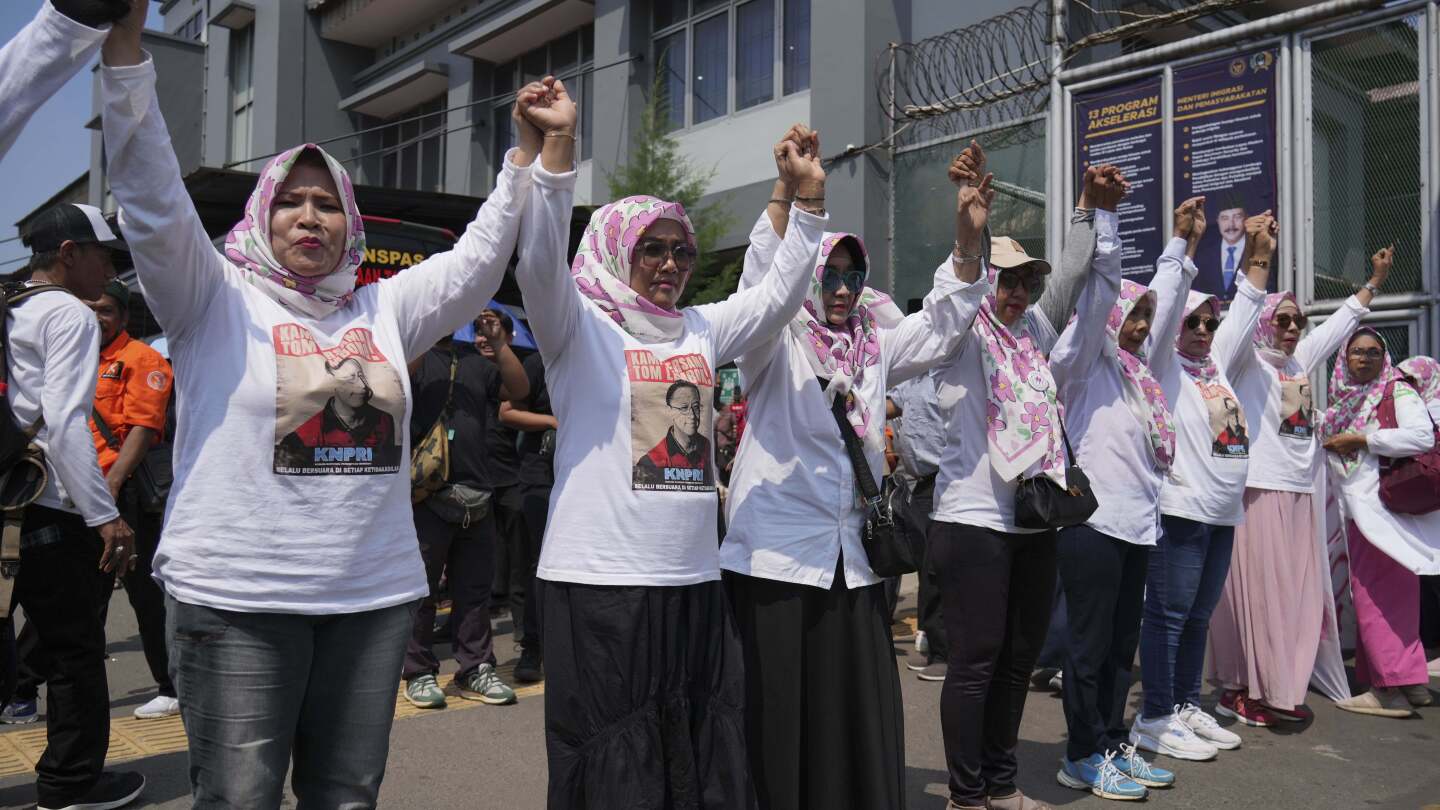Indonesia is embarking on a monumental judicial reform, with President Prabowo Subianto initiating an expansive clemency program poised to release thousands from its severely overcrowded correctional facilities. This landmark move, recently approved by parliament, marks a significant shift in the nation’s penal system, setting the stage for the initial release of over a thousand inmates.
The announcement, made after crucial consultations between government and legislative factions, revealed that the first cohort of 1,116 prisoners began their departure from various institutions. This swift implementation follows President Subianto’s surprising declaration shortly after taking office in October, outlining his ambition to grant clemency to an unprecedented 44,000 inmates across the archipelago.
Among those receiving clemency are several high-profile individuals, including prominent political rivals of the previous administration and Papuan independence activists. This aspect of the clemency plan has drawn particular attention, highlighting a broader strategy to address past political tensions and human rights concerns within the Indonesian justice system.
Historically, Indonesian leaders have rarely exercised such sweeping amnesty powers, which necessitate parliamentary endorsement. The current plan signals a distinct approach, with Law Minister Supratman Andi Agtas indicating a strategic focus on political prisoners, those with serious health conditions, the elderly, juveniles, and individuals convicted of blasphemy or insulting national leaders.
A notable beneficiary of this clemency is Hasto Kristiyanto, the secretary general of the Indonesian Democratic Party of Struggle, the nation’s primary opposition party. Kristiyanto, once an ally turned critic of former President Joko Widodo, was released after serving time for bribery, his case emblematic of the political dimensions intertwined with this reform.
Similarly, former Trade Minister Tom Lembong, who faced charges of abusing authority, saw criminal proceedings against him halted. His release, welcomed by a throng of supporters at Cipinang Prison, underscores the public and political implications of these pardons, fostering discussions about national stability and reconciliation under the new presidency.
The audacious clemency program has elicited varied reactions from legal and political observers. While supporters view it as a crucial step towards political stability and rebuilding public trust, critics urge President Subianto to provide transparent explanations, especially concerning high-profile graft cases, emphasizing the need for accountability.
Analysts like Mohamad Rosyidin propose that this sweeping clemency could serve to reframe President Subianto’s public image, particularly in light of historical human rights allegations. The initiative may be seen as a strategic endeavor to position his administration as pro-democracy and a staunch defender of human rights, fostering a new era of governance.






Leave a Reply